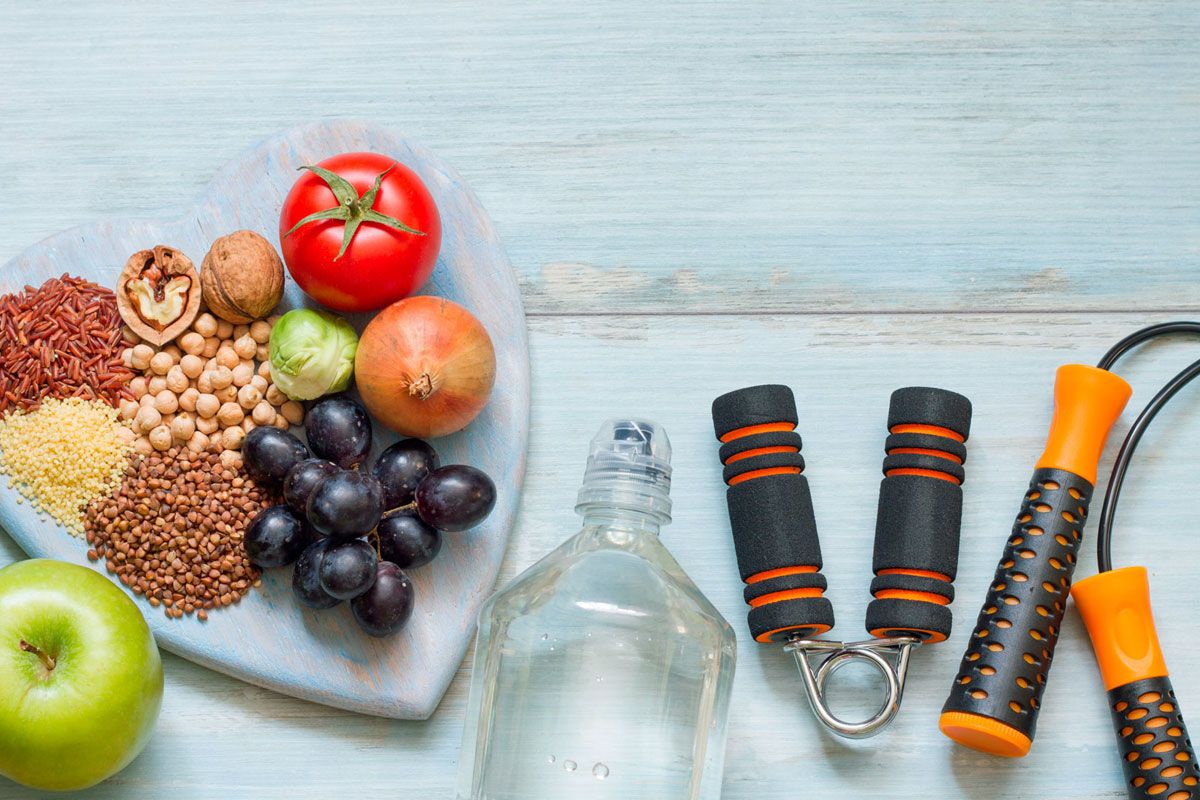Following a vegan diet can be a rewarding and healthful choice, but ensuring it is nutritionally balanced requires careful planning. Here are some tips to help you follow a vegan diet plan approved by a nutritionist Abu Dhabi effectively.
Understand your nutritional needs:
A well-rounded vegan diet should provide all essential nutrients, including protein, vitamins, minerals, and healthy fats. Key nutrients to focus on include:
- Protein: Incorporate a variety of sources such as legumes, tofu, tempeh, seitan, and quinoa.
- Iron: Plant-based sources include lentils, chickpeas, beans, tofu, fortified cereals, and dark leafy greens. Pair these with vitamin C-rich foods to improve absorption.
- Calcium: Fortified plant milks, tofu, almonds, and leafy greens are excellent sources.
- Vitamin B12: Since B12 is primarily found in animal products, vegans should consume fortified foods or take a supplement.
- Omega-3 Fatty Acids: Include flaxseeds, chia seeds, hemp seeds, and walnuts.
Plan balanced meals:
Each meal should include a balance of macronutrients: carbohydrates, proteins, and fats. Aim to fill half your plate with fruits and vegetables, a quarter with whole grains, and a quarter with protein-rich foods. This ensures you get a diverse range of nutrients necessary for good health.
Incorporate a variety of foods:
Diversity is key to a nutritionally complete diet. Eating a wide range of fruits, vegetables, grains, legumes, nuts, and seeds helps ensure you get all the necessary nutrients. Rotate different types of foods weekly to avoid monotony and nutrient deficiencies.
Read labels carefully:
Many processed foods contain hidden animal products or are not fortified with necessary nutrients. Always read labels to check for non-vegan ingredients and to ensure you’re getting fortified products that provide essential vitamins and minerals.
Supplement wisely:
Even with a well-planned diet, some nutrients might be difficult to obtain in sufficient quantities from plant sources alone. Consult a nutritionist to identify if you need supplements, particularly for vitamin B12, vitamin D, iron, and omega-3 fatty acids.
Stay hydrated:
Water is essential for overall health and helps in digestion and nutrient absorption. Aim to drink at least 8 glasses of water daily. Herbal teas and water-rich fruits and vegetables also contribute to your hydration needs.
Even healthy foods can lead to weight gain if consumed in excessive amounts. Pay attention to portion sizes and listen to your body’s hunger and fullness cues. Eating mindfully can help maintain a healthy weight and improve digestion.



